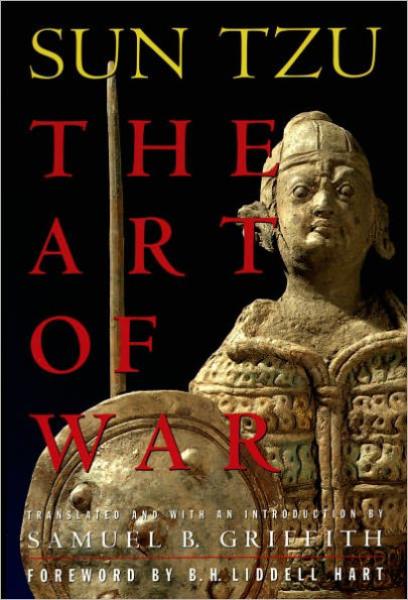Description
Providing a much-needed translation of this classic, Samuel Griffith has made this powerful and unique work even more relevant to the modern world. Including an explanatory introduction and selected commentaries on the work, this edition makes Sun Tzu's timeless classic perfectly accessible to modern readers.
The writings of the ancient warrior Sun Tzu have provided tremendous wisdom to generations through the ages. Now these philosophies are available with anecdotal extracts by the author of Shogun and Noble House.
The Art of War is among the greatest classics of military literature ever written. Sun Tzu warfare is as applicable today as when the book was written some 2,500 years ago....Pick up The Art of War and read it.--General A.M. Gray, Marine Corps Gazette
As a reflection of the Chinese mind, this little work is as relevant as any Confucian classic.--The Times (London)
Westerners have dozens of books to choose from if they want to learn about Japanese philosophy and military tactics....But when the Japanese, especially those in business, want information on the subject, many turn to an ancient Chinese, not Japanese, military manual, The Art of War....Shows managers how to be fearless in resolving conflicts.--Boardroom Reports
Shows managers how to be fearless in resolving conflicts.--Boardroom Reports
A brief tract on strategy that has been admired in China for centuries. Some of Mao Tse Tung's most eloquent thoughts are merely rehashes of Sun Tzu and his interpreters.--The Los Angeles Herald Examiner
Samuel Griffith's original and scholarly translation of The Art of War shows how good scholarship can make an easily readable translation that is much more useful to modern readers.--The Philadelphia Inquirer
Product Details
- Oxford University Press, Brand
- Sep 15, 1971 Pub Date:
- 0195014766 ISBN-10:
- 9780195014761 ISBN-13:
- 222 Pages
- 7.9 in * 5.4 in * 0.5 in Dimensions:
- 0 lb Weight:




